By Mohamed Maher – 4 minutes read The Egyptian President Abdel-Fattah El-Sisi inaugurated, on Monday, Bahr El-Baqar water treatment plant project, at a cost of EGP 18 billion ($1.14 billion), with a production capacity of 5.6 million cubic meters per day, becoming the world’s largest triple-A wastewater treatment plant. The treated water will be transported
By Mohamed Maher – 4 minutes read
The Egyptian President Abdel-Fattah El-Sisi inaugurated, on Monday, Bahr El-Baqar water treatment plant project, at a cost of EGP 18 billion ($1.14 billion), with a production capacity of 5.6 million cubic meters per day, becoming the world’s largest triple-A wastewater treatment plant.
The treated water will be transported to contribute to the reclamation of 476,000 feddans for the development of Sinai, while experts praised the economic importance of this station in addressing the water crisis facing Egypt and at the same time reducing pollution by using the waste water to reclaim new desert lands in Sinai instead of dumping it in Lake Manzala.
The Guinness Book of Records has set 3 new records for Bahr al-Baqar wastewater treatment plant project in Egypt, which is the world’s largest 1) treatment plant with a production rate of 64.8 m3/s, 2) sludge treatment plant with a productivity of 360 kg/s, 3) and ozone generation and operation plant (one unit) with a productivity of 0.1792/sec. The station includes 4 units with a production rate of of 1.4 million m3/day/unit, and was built on an area of 155 feddans, according to the Ministry of Irrigation.
Egypt suffers from water scarcity, and is one of the countries that suffers from a large gap between water resources and needs. The government has developed a plan to compensate for this gap by reusing agricultural drainage water, with the aim of treating its salinity, preventing sea water from interfering with underground water as well as improving its quality. The government has implemented two wastewater treatment plants in the east of the delta, which are Mahsama wastewater plant with a production capacity of one million cubic meters per day, and Bahr al-Baqar wastewater plant with a production capacity of 5.6 million cubic meters per day. In the west of the delta, another wastewater treatment plant with a production capacity of 6 million cubic meters per day is being built too. It will be used to provide water for the New Delta project, in addition to establishing more than 450 intermediate mixing stations.
In this regard, Dr. Nader Nour El-Din, Professor of Water Resources at Cairo University, emphasized the economic importance of Bahr al-Baqar wastewater treatment plant, saying that the water of the Bahr al-Baqar drain was classified as the worst type of water in Egypt, given that the drain was receiving huge amounts of sewage for dwellings and villages that the drain pass through, in addition to the wastes of a large number of factories, and other wastes dumped in the drain. So, it was avoided to use its water to irrigate agricultural lands located to the east of the delta or in the reclaimed lands in Sinai, adding: “Therefore, with the establishment of a wastewater treatment plant for this drain, it could be used to reclaim about 400,000 feddans in North Sinai, as well as to supply water to factories.”
Nour El-Din pointed to another importance of Bahr al-Baqar treatment plant in reducing environmental pollution, explaining that Bahr al-Baqar drain was pouring water into Lake Manzala, one of the largest lakes in Egypt, which negatively affects the lake’s environment and causes decreased fish productivity, however, with the of the station start to operate, all the drain water will be treated and thus pollution in Lake Manzala will decrease, which will lead to an increase in the productivity of fisheries in the lake and increase the income of fishermen in addition to preventing the outbreak of diseases.
Population increases and climatic changes negatively affect Egypt’s water resources. In order to address this challenge, the Egyptian government is working on several mega projects to provide water for irrigation, most notably wastewater treatment plants, two projects for rehabilitation and lining of canals, and the transition to modern irrigation systems. According to the Minister of Water Resources and Irrigation, Mohamed Abdel-Aty, Egypt will become the world’s largest re-user of water after the construction of wastewater treatment plant and canal lining projects.
For his part, Engineer Ali Issa, head of the Egyptian Businessmen Association, stressed the huge investment opportunities offered by Bahr Al-Baqar watsewater treatment plant, whether during its establishment, as it was implemented by the private sector, which contributed to supplying the project with all components, or to exploiting the water of the station in land reclamation projects located in North Sinai, noting that the private sector is heavily involved in new land reclamation projects released by the government.
Issa pointed out that the treated water at Bahr al-Baqar Bank station can be safely used in agricultural reclamation due to the quality of the plant’s water productivity and its compliance with international standards, noting that wastewater treatment plants are one of the state’s solutions to overcome the challenge of water scarcity crisis in Egypt.
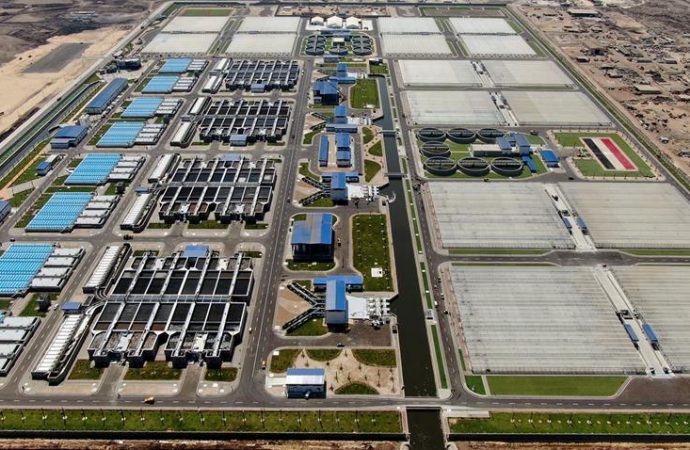
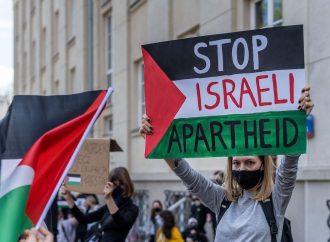
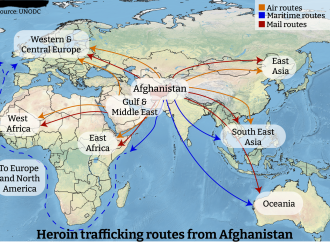

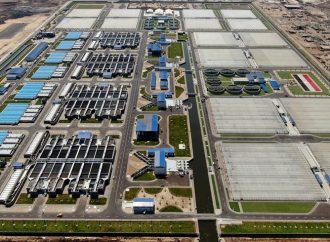
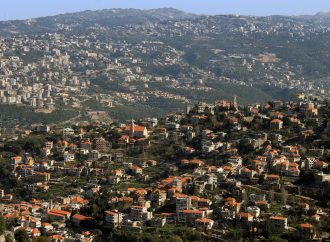

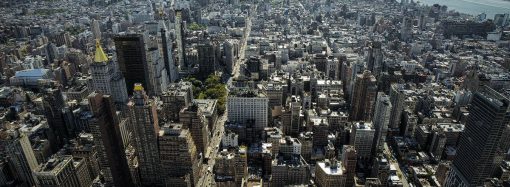

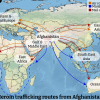

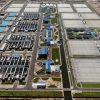




Leave a Comment
Your email address will not be published. Required fields are marked with *